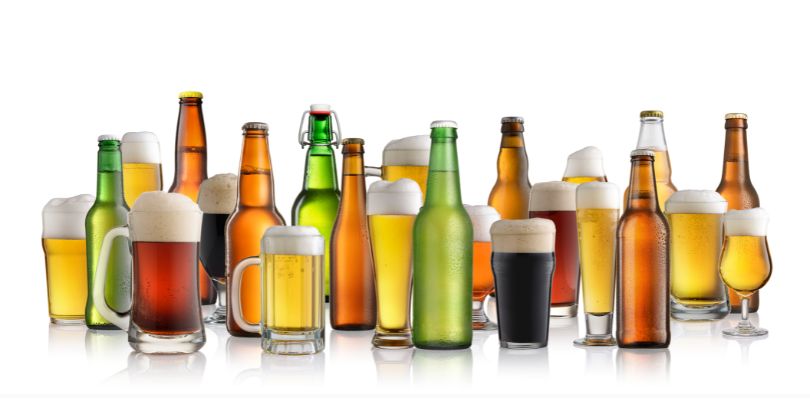Drinks That Can Cause COPD Flare-Ups
Knowing which drinks to avoid can help manage COPD symptoms and improve your quality of life.
Sugary Sodas
Sugary sodas are high in sugar and carbonation. The bubbles can cause bloating, which may push against the diaphragm and make breathing more difficult. The high sugar content can also cause inflammation, which isn’t good for lung health.
Alcoholic Beverages
Alcohol can make COPD symptoms worse in several ways. It relaxes the muscles, which may slow breathing. It can also dehydrate you, which can make mucus thicker and harder to clear from your airways. Additionally, some people find alcohol makes them feel tired or out of breath, making COPD symptoms worse.
This article will take a look at the top 7 singles cruises in 2024. Read on to learn about some great choices for your next adventure.
High-Caffeine Drinks
Coffee, energy drinks and other high-caffeine drinks can sometimes trigger COPD symptoms. Caffeine can increase your heart rate and make you feel jittery, which can lead to shortness of breath. Caffeine may also interfere with medications for COPD, so check with your doctor if you’re drinking a lot of caffeine.
Dairy-Based Drinks
For some people with COPD, dairy products can increase mucus production. This means milkshakes, lattes and other creamy drinks may make it harder to breathe if they cause extra mucus. Not everyone with COPD reacts to dairy this way, but if you notice more mucus after drinking dairy, consider cutting back.
Cold Beverages
Drinks that are very cold, like iced water or iced tea, may cause the airways to tighten. This can make breathing more challenging and lead to a flare-up for some people. If you notice cold drinks affect your breathing, try drinking them at room temperature instead.
Carbonated Water and Sparkling Water
Even if they don’t contain sugar, carbonated waters can still cause bloating. Bloating can push on the diaphragm, making it more difficult to breathe deeply. If you have COPD, consider choosing non-carbonated water or herbal teas.
Fruit Juices with Added Sugar
Many fruit juices, especially bottled ones, contain a lot of added sugar. This sugar can lead to inflammation, which is bad for the lungs. Fresh juices are healthier, but they should still be consumed in moderation to avoid excess sugar intake.
Hot Chocolate and Sweetened Lattes
Hot chocolate and sweet lattes contain both sugar and dairy, which can increase mucus production and cause inflammation. For some people, these drinks may lead to coughing or difficulty breathing.
Treatments and Tips for Managing COPD
If you’re managing COPD, there are some effective treatments and lifestyle tips to help reduce symptoms:
- Stay hydrated: Drinking water can help thin mucus, making it easier to clear from the lungs. Aim for 6-8 glasses of water a day, unless your doctor says otherwise.
- Use inhalers or medications as prescribed: Many people with COPD have inhalers or medications to help open airways. Take them as directed by your doctor to manage flare-ups.
- Avoid triggers: Avoid smoking, secondhand smoke and other pollutants. Try to limit exposure to fumes, dust and cold air, as they can worsen COPD symptoms.
- Practice breathing exercises: Deep breathing exercises can help you manage shortness of breath. Techniques like pursed-lip breathing can make it easier to get more air into your lungs.
- Eat a balanced diet: A healthy diet with plenty of fruits and vegetables can support lung health. Avoid processed foods and excessive salt, making you feel bloated and impacting your breathing.
Avoiding Bad Drinks for Better Breathing
Certain drinks, like sugary sodas, alcohol and dairy-based beverages, can lead to COPD flare-ups and worsen breathing difficulties. Avoiding these drinks and staying mindful of your choices can help keep your symptoms under control. Remember to follow any treatments your doctor recommends, drink plenty of water and practice breathing exercises to manage COPD symptoms effectively.







